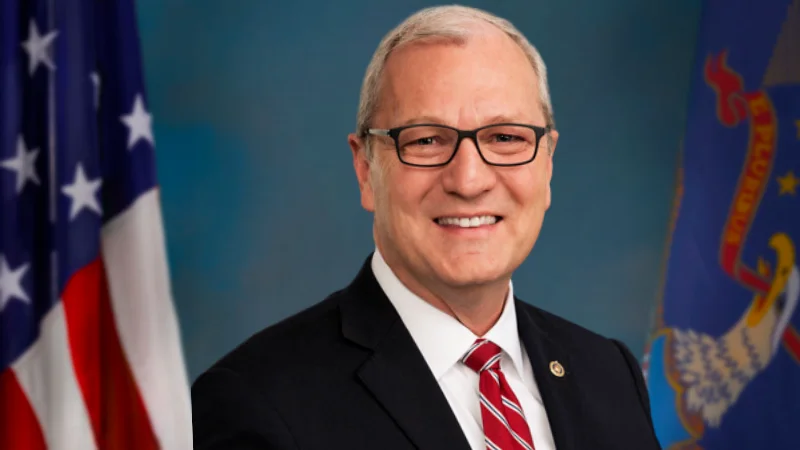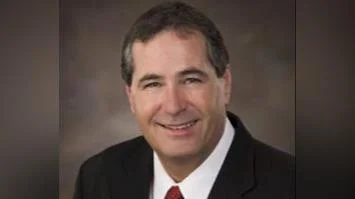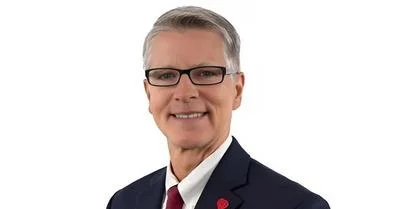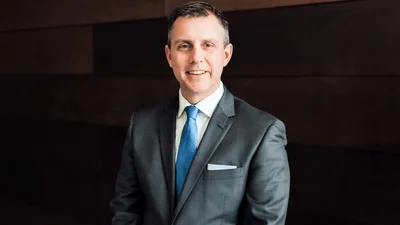Senator Kevin Cramer, US Senator for North Dakota | Senator Kevin Cramer Official website
Senator Kevin Cramer, US Senator for North Dakota | Senator Kevin Cramer Official website
The Senate Environment and Public Works Committee convened to discuss improvements in the federal permitting process, a long-standing issue for infrastructure, housing, energy, and transportation projects. The committee is seeking bipartisan solutions to provide clarity and consistency in this area.
U.S. Senator Kevin Cramer (R-ND), who chairs the EPW Transportation and Infrastructure Subcommittee, raised questions about the 2023 Supreme Court decision in Sackett v. Environmental Protection Agency (EPA). This ruling defined Waters of the United States (WOTUS) and limited federal regulation over jurisdictional waters. Despite this decision, Cramer noted that the U.S. Army Corps of Engineers has not adequately responded.
During the hearing, Cramer questioned Leah Pilconis from the Associated General Contractors of America and Carl Harris from the National Association of Homebuilders about jurisdictional determinations. He asked why builders must seek permission when it seems clear that certain waters are not jurisdictional: “Why do we even have to seek jurisdictional determination or permission when any home builder can read the law and see this isn't a jurisdictional water?”
Pilconis highlighted issues with clarity in regulations: “The problem is that it's not clear... For the construction community we need clarity.” She emphasized that unclear terms cause confusion despite some guidance from Sackett v. EPA.
Harris added on consistency: “Along with clarity, we need consistency... If we could get true definitions of the terms... then our builders... would know when they could take reasonable risk.”
Cramer also addressed permitting for electricity transmission projects, warning against building without planning by local utilities and state regulators due to potential cost shifts to customers: “We have to find a federal backstop... but we do have to recognize those state regulators.”






 Alerts Sign-up
Alerts Sign-up